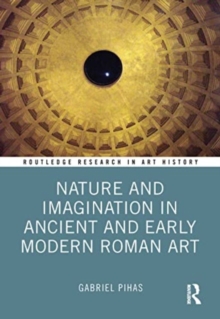
The Visual Culture of Meiji Japan : Negotiating the Transition to Modernity PDF
Edited by Ayelet Zohar, Alison J. J. Miller
Part of the Routledge Research in Art History series
Description
This volume examines the visual culture of Japan's transition to modernity, from 1868 to the first decades of the twentieth century.
Through this important moment in Japanese history, contributors reflect on Japan’s transcultural artistic imagination vis-a-vis the discernment, negotiation, assimilation, and assemblage of diverse aesthetic concepts and visual pursuits. The collected chapters show how new cultural notions were partially modified and integrated to become the artistic methods of modern Japan, based on the hybridization of major ideologies, visualities, technologies, productions, formulations, and modes of representation. The book presents case studies of creative transformation demonstrating how new concepts and methods were perceived and altered to match views and theories prevalent in Meiji Japan, and by what means different practitioners negotiated between their existing skills and the knowledge generated from incoming ideas to create innovative modes of practice and representation that reflected the specificity of modern Japanese artistic circumstances.
The book will be of interest to scholars working in art history, Japanese studies, Asian studies, and Japanese history, as well as those who use approaches and methods related to globalization, cross-cultural studies, transcultural exchange, and interdisciplinary studies.
Information
-
Download - Immediately Available
- Format:PDF
- Pages:200 pages
- Publisher:Taylor and Francis
- Publication Date:29/11/2021
- Category:
- ISBN:9781000477467
Information
-
Download - Immediately Available
- Format:PDF
- Pages:200 pages
- Publisher:Taylor and Francis
- Publication Date:29/11/2021
- Category:
- ISBN:9781000477467










